Cultural guest Kirsi Marie Liimatainen believes that equality is in the line of fire when sexual orientation is talked about as an ideological choice.
It was a more romantic than romantic moment for the viewers. Many cried.
However, the gesture was confusing, even embarrassing, for its target.
Part of the audience sneaked away, it felt like the moment was too fragile to share with the guests.
Liimatainen’s response to the proposal was cautious; somewhat like you know my thoughts on marriage, but I hope it will work if it’s important to you
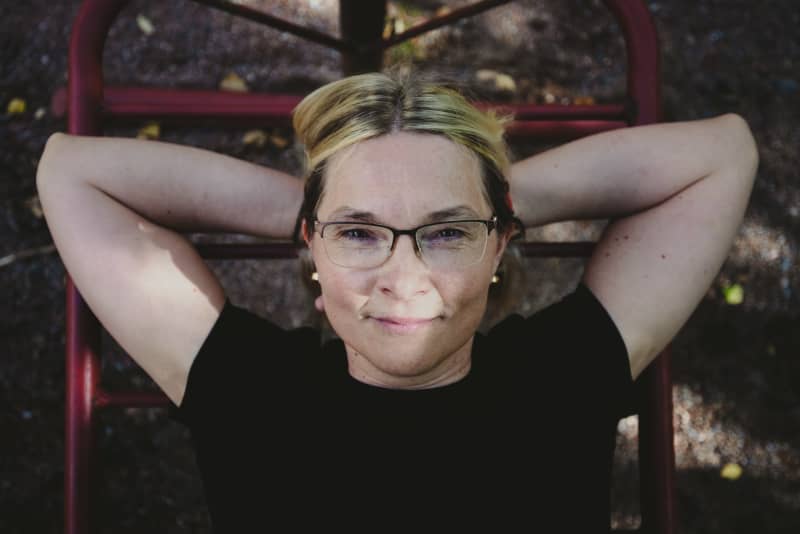
A little over a week later, Liimatainen explains on the terrace of a cultural restaurant in Tampere why the answer was what it was. He has spent his entire 54-year-old life tearing away from the pressure of the middle class.
Up until now, marriage has, in his opinion, belonged to the world where you get a house, a summer house, a Volvo, a couple of children and a dog.
– I wasn’t the type to get married, but here we are now engaged. Allergy towards institutions arises from youth. Such a petty-bourgeois basic structure has never interested me, it has not been a guarantee of anything for me.
Liimatainen has questioned norms throughout his life. That gear can’t be turned off very easily, even when the great love of life wants to commit.
– When I met Jenny, he had never been with a woman. For four years I stared at him with determination. Eventually, he moved into my apartment in Berlin while I was in Nicaragua on a filming trip. Since then, there has been no need to sway in any direction.
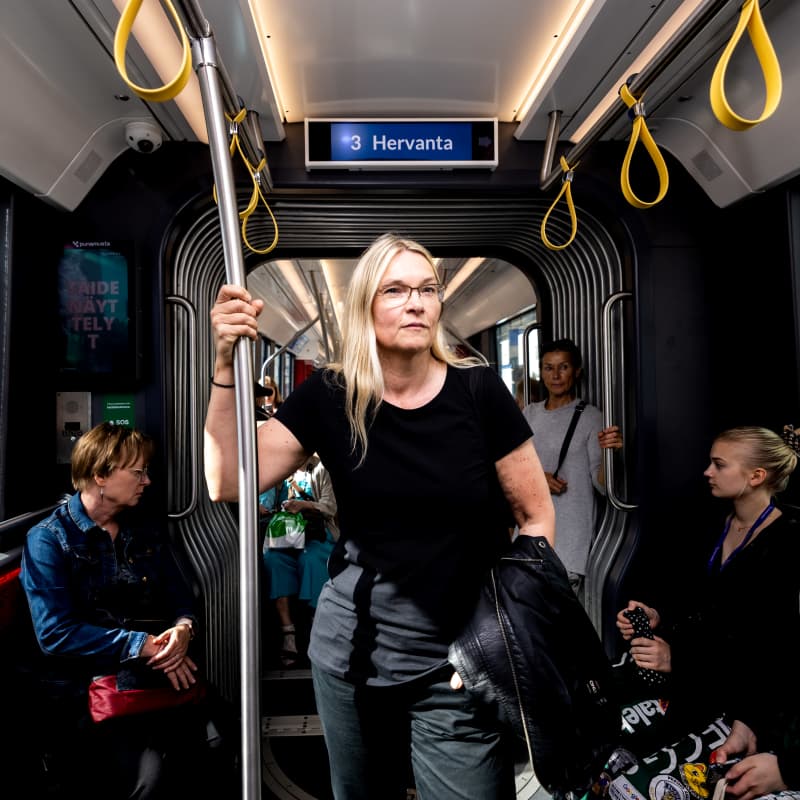
Despite the marriage promise, Liimatainen intends to remain himself; as a girl who, years ago, organized underground parties for sexual minorities, took over houses, went on hunger strike and came out of the closet, even though she was told to stay in the closet because of her career.
– I have always wanted to be free. It has defined everything I do.
The burden of sin is heavy
The play _Homecoming_ describes a Finland of prejudice and intolerance. The story is about a female couple in their fifties who return to the other’s home village only to encounter the community’s narrow-mindedness.
In _Homecoming_, it is painfully and painfully discussed how deep-seated the notions of the motherland, religion and sacred skiing are in Finland – a decent, matter-of-fact way of living in which one knows how to be ashamed.
And _Homecoming_ is about sin.
The sin in the play is especially love that goes against old-fashioned sexuality and relationship norms.
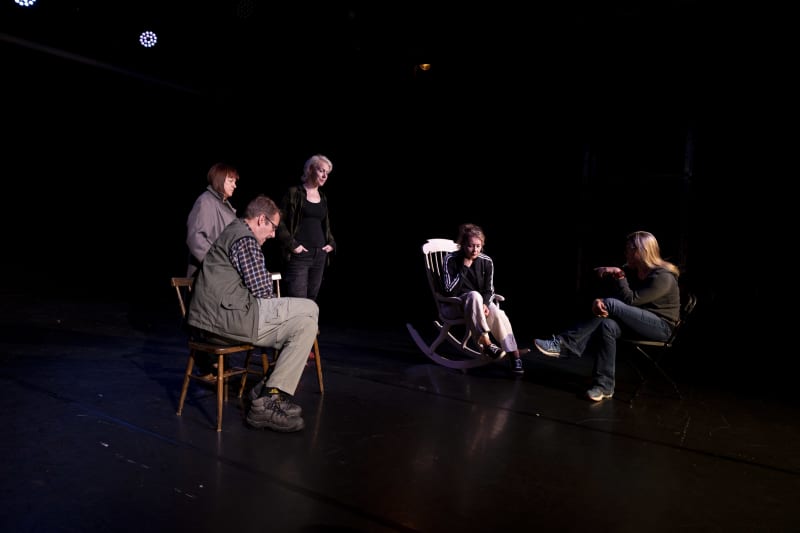
In the village, we are wondering, in what the hell positions are those lattapills hustling? Pedophiles! They come here to push their sick gay ideology on our children! If they get permission to marry, then the same permission is given to pigs. What does the Bible say?
In the middle of everything live people who love each other, who can’t quite decide whether they should make a revolution or focus on their small, everyday life – even if it’s a secret from others.
It would be easy and nice to think that life is not really like that. But that’s it.
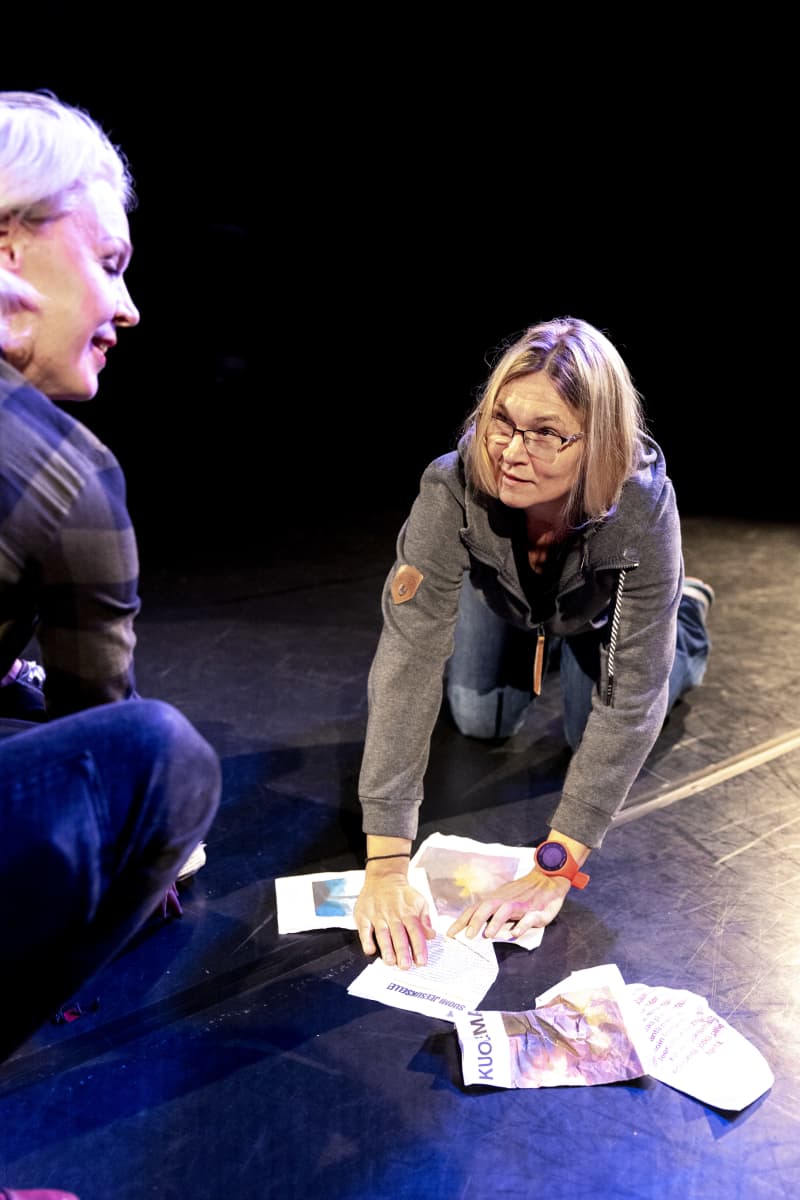
Equality is in the firing line
A little over a week ago, Yle told about Savonlinna art high school students, who at worst have to run away from hail on their school trips. The reason is that some of them presumably belong to sexual or gender minorities and there are people in the community who do not know how to deal with the issue.
Kirsi Marie Liimatainen herself has had to run away, when holding her girlfriend’s hand was unbearable for the gang. One home is in Orivede, the other in Berlin. In the latter, attacks on minorities have been increasing all the time.
Liimatainen studied to become a film director in Germany at the Potsdam Film Academy at the turn of the millennium. His final work was the feature film _Sonja_ released in 2006. It was too much for some viewers. The film was about a girl who becomes interested in her friend of the same sex.
It was around that time that pot old age began to raise its head more widely in Europe, Liimatainen recalls.
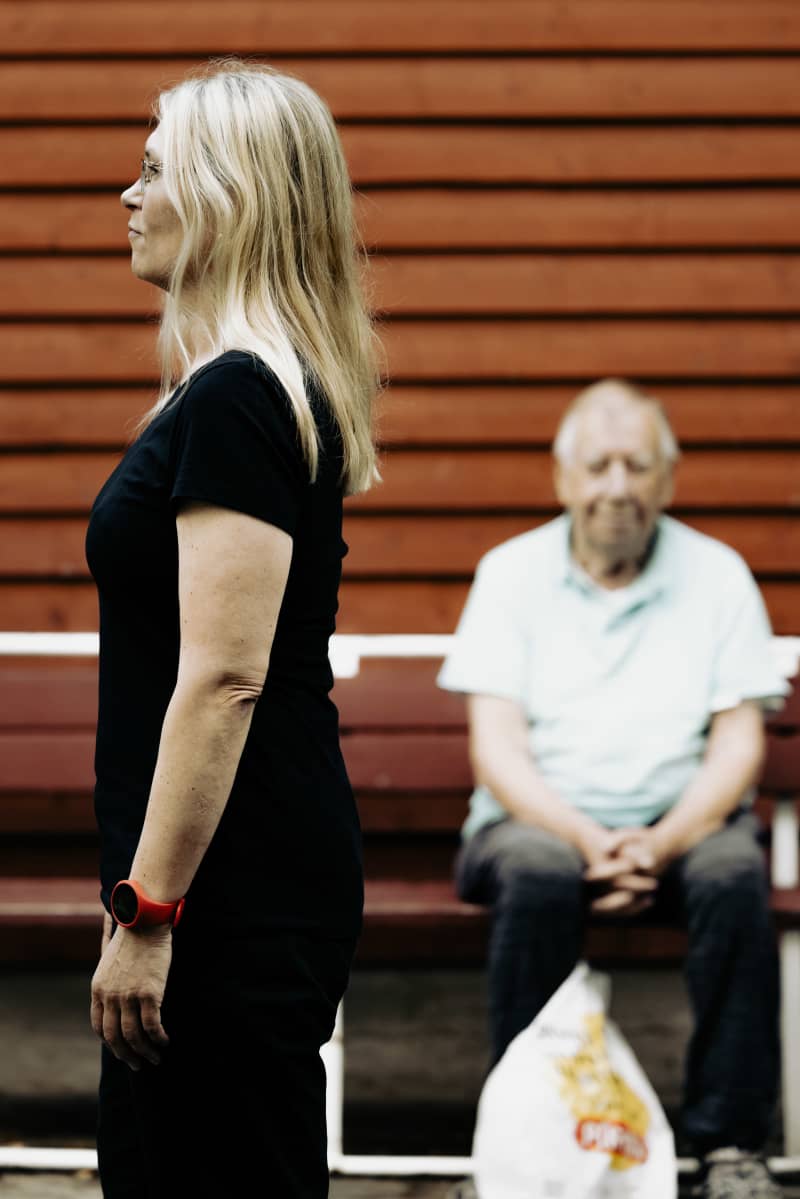
In Liimatainen’s opinion, women’s rights are now being curtailed with a heavy hand. At the same time, the freedoms of minorities are also in the line of fire. In his opinion, it is worth following what is happening in Poland, Hungary and the United States.
– Now that the right to self-determination of women’s bodies has been addressed in the United States, it is a small step from that to, for example, a ban on solicitation.
Liimatainen refers to a section of the Finnish Criminal Code that was only removed in 1999, which criminalized encouraging homosexuality.
Statements questioning the human rights of minorities are constantly coming out of the mouths of prominent politicians in Finland, Liimatainen points out.
Liimatainen thinks it is sad that the mainstream media, as well as other authorities, do not unequivocally condemn the statements.
In Liimatainen’s opinion, anti-gender speech attacking sexual and gender minorities clearly combines misogyny, anti-feminism, extreme rightism, racism and religion.
– The hatred faced by minorities is compared to the fear of communism. When sexual orientation is talked about as an idea or ideology, an attempt is made to make people afraid of revolution.
Liimatainen is used to keeping his side.
He has been practicing it since he was a child.
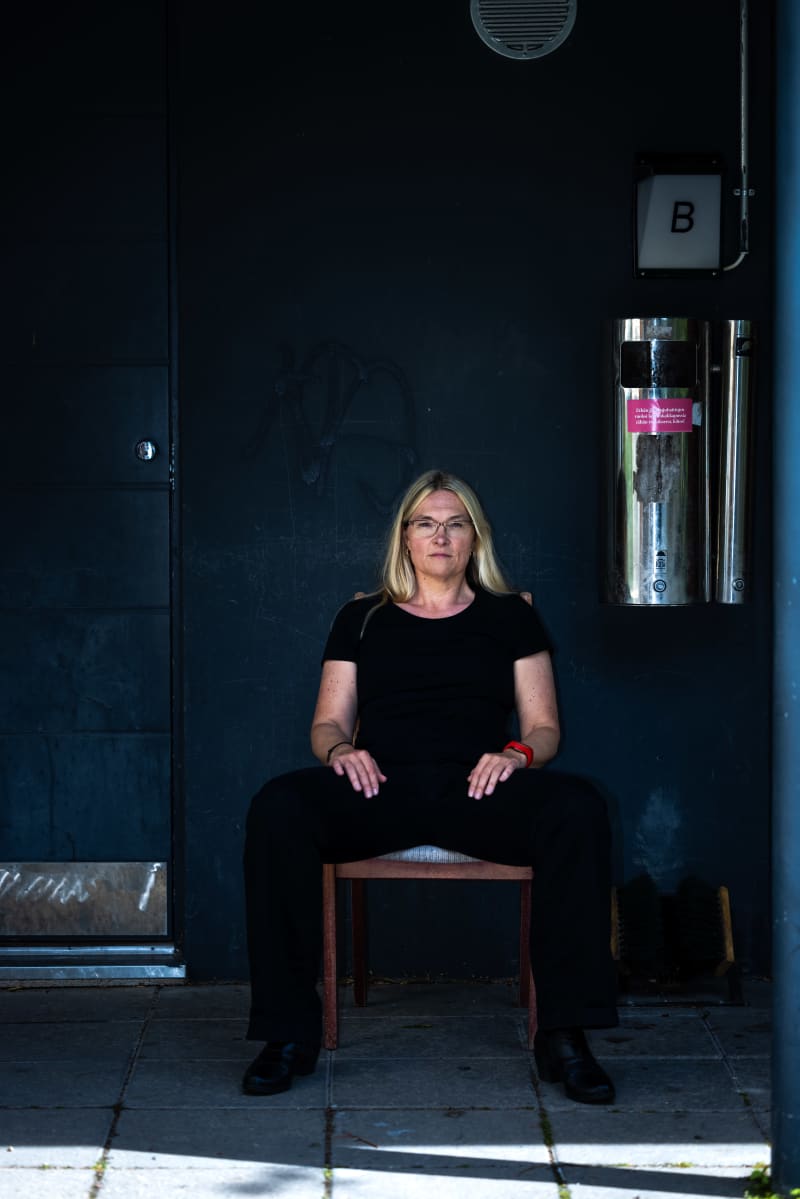
Skiing allowed me to forgive a lot
When Liimatainen’s family moved to Hervanta in 1973, there were only three apartment buildings and a commercial vehicle. The bar was built before the kindergarten.
The concrete neighborhood grew at a tremendous pace, got a swimming hall, a library and a free schedule. Among other things, the folk song group gathered there.
– I went to Tanhua because of my friend, but I left soon. That patriotism didn’t feel good. I don’t stay in places where I feel bad. As a child, I already felt like an outsider.
The feeling of being an outsider was increased by the fact that Liimatainen, who comes from a working-class background and attends the pioneer club, was caught in the eye of a revivalist teacher in elementary school.
– He asked me that when churches are built from red brick, is it a conspiracy by the communists.

Liimatai was protected by the fact that he was both a good student and a hard athlete. Even leftism was forgiven when you skied hard enough.
– I ended up in a sports high school, where posture and country were always emphasized, and how one should be was defined all the time.
Liimatainen’s first love was also found in sports. It remained one-sided.
– I fell in love with my friend at the sports club when I was maybe 16 years old. I told him I had a dream where I was kissing his neck. It was a risk, but I had no choice. I was so in love.
My hole was found
Kirsi Marie Liimatainen still remembers how it felt to read the announcement in Aamulehti about the Merirosvo bar at the foot of Näsinneula. There was a gay disco once a week.
It would be a place where you would finally dare to approach another person without fear.
– The announcement scared, vomited and interested. When I went to my first stigmatization party, I remember shaking. Especially since it was my first experience with a woman.
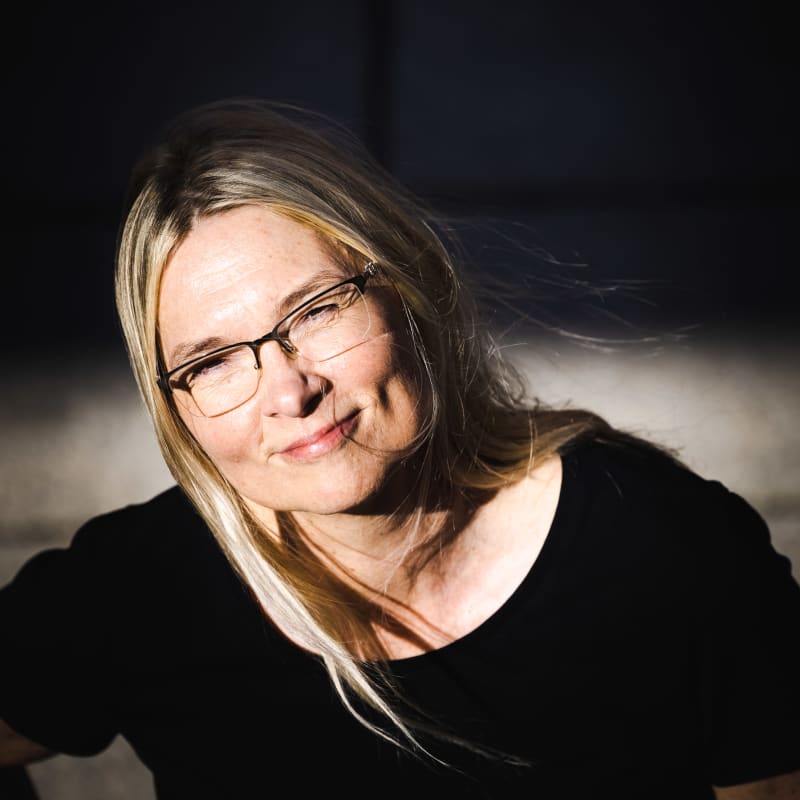
Liimatainen found his community.
He doesn’t think he would have survived the angst of his youth without the punk circles of his pre-teens, let alone the lgbtq minority group and the left-wing youth movement he found later.
– I had a group of squatters, the people who were founding the Mixei nightclub and people with whom you could plan events. I wouldn’t have been able to do it without them. I wouldn’t have been able to handle the pressure. I would have become suicidal, broken and lonely.
Although Liimatainen found a home among his own people in his twenties, the rest of the world still didn’t let him be himself.
– When you met people in the theater who you had seen in gay clubs, they said that we don’t talk about these things here. When I was an actress in the 1990s, even then the producer said that I can’t tell anyone about my girlfriend.
In the end, Liimatainen had enough. If the jobs go because he doesn’t agree to live a double life, then go.
– The secrecy made me so dumb that I was in a knot for several years. It messed with my mental health so much that I decided to tell everyone about my girlfriend first.
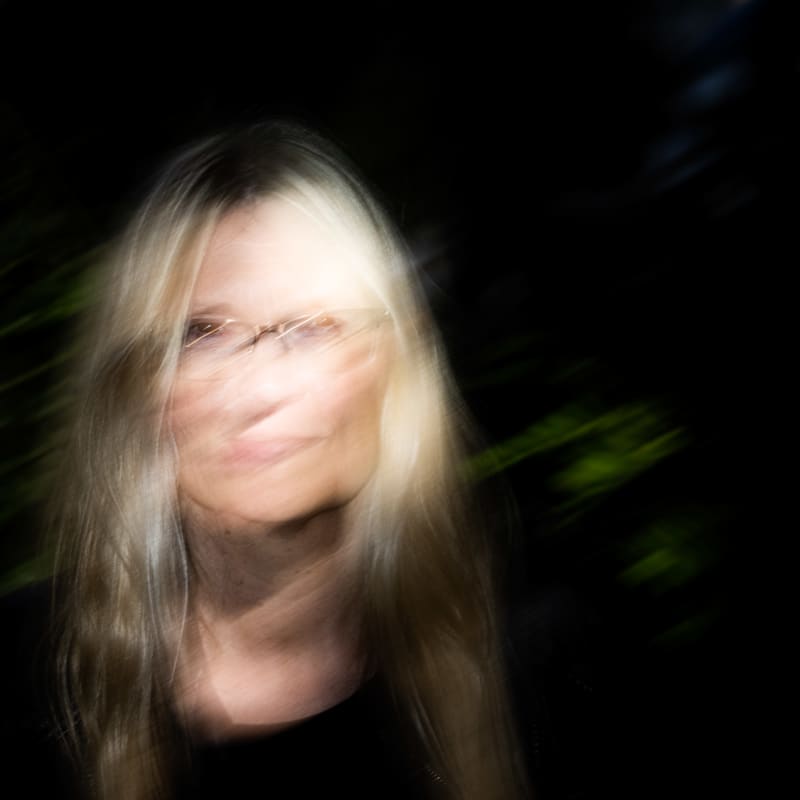
In 1988, Liimatainen went to East Germany for a year to study. At first it seemed that the atmosphere was more free than in Finland.
When Liimatainen made the film _Comrade, where are you now?_ he got to know the German archives. It made him realize how controlled and persecuted the life of sexual minorities was in the GDR. As a foreigner, he had been blissfully ignorant of everyday problems.
When Liimatainen returned to Germany years later to complete directing studies, he experienced his share of discrimination firsthand.
– When the teachers at school found out that I had relationships with women, they started whispering and teasing, holding hands. I don’t know if any straight guy tried to convert me, but they kept trying to fuck me.
\”People are dumb about their sexuality\”
Things are better now in many respects than in Liimatainen’s youth.
More and more people dare to be themselves even in small towns, from church onwards they participate in Pride events, parties no longer have to be held underground.
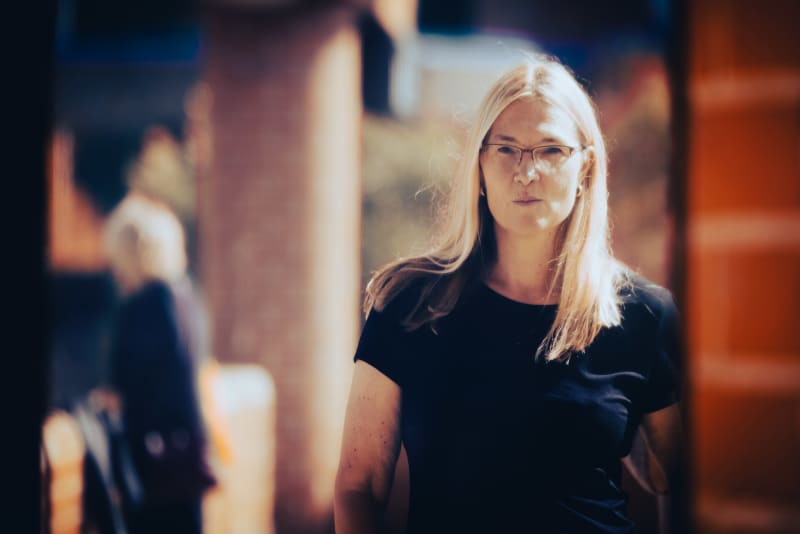
Many, especially representatives of the younger generation, feel that there is no longer any reason to define their sexuality. What does it matter to anyone?
– I spoke with the chairman of Sateenkaarisneiori just about the fact that nowadays Pride is no longer accepted from top to bottom. We will no longer tolerate, but be one family, Liimatainen describes.
And yet:
– There are still people who cannot tell their relatives or colleagues about their orientation. We still face at least microaggressions: invalidation, stupid questions, silence.
Liimatainen thinks that excessive interest in what happens under the covers of other people is related to the \”crampiness\” of sexuality.
– People are so dumb when it comes to sex. Porn is easy, Erotica is more difficult. True eroticism is scary. Erotic release sounds better to my ears than sexual. Sex immediately goes in the direction of porn, and I don’t digga about it at all.
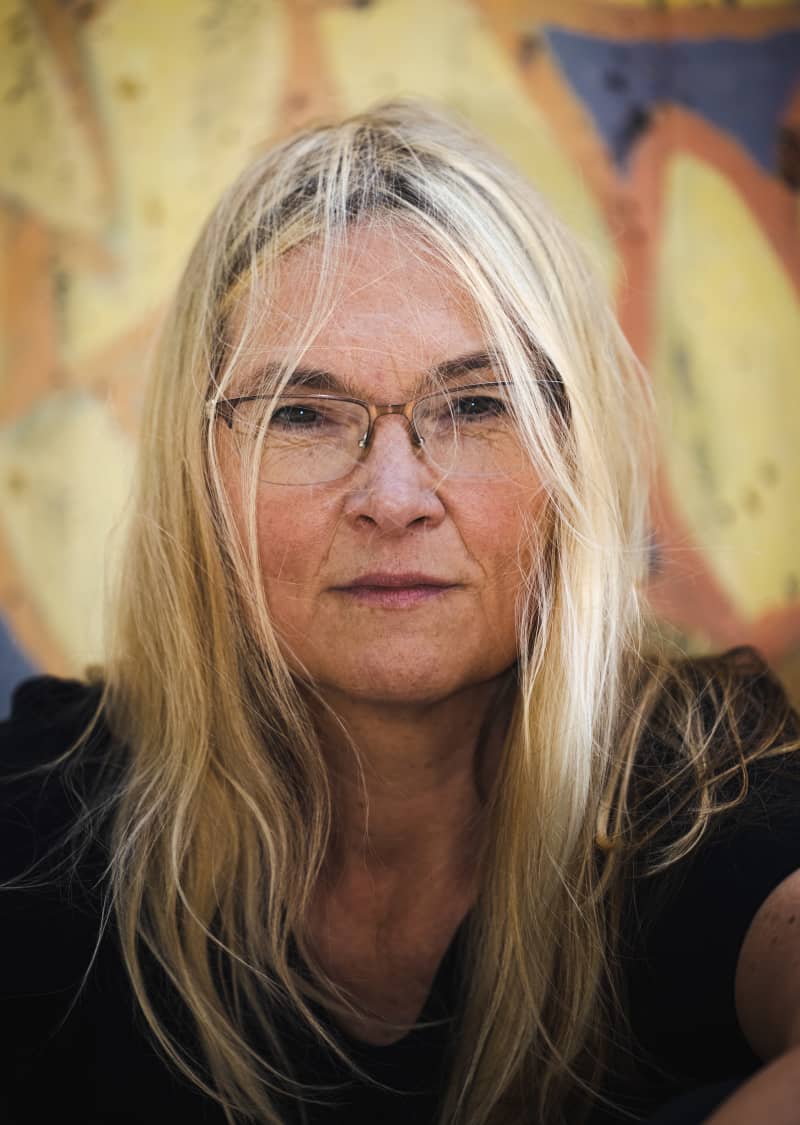
– Somehow you’re not allowed to be an erotic person here, getting dressed is a bit questionable. Only when drunk can you laugh, dance or touch. It’s sad how it’s meso, that surely Marin too has drunk booze and cocktails like crazy, because otherwise it wouldn’t be so happy and sexy.
According to Liimatainen, the reason for the rigidity lies in the sense of sin instilled in the minds of Finns.
– The idea of sin is instilled in every child of an atheist family already in kindergarten and school. That is the basis of these hellish revivalist Christian movements.
A gay character excels in comedy
When he was younger, Liimatainen was able to search for characters in films, TV series and theater to identify with. If somewhere there was a character belonging to a sexual or gender minority, it usually turned out badly for him.
Or that person was just ridiculous.
In Liimatainen’s opinion, the situation has not really improved in that respect, even though it looks like it on the surface.
Ordinary people with ordinary stories are missing from the image. When a person does not have mirrors, the self-image is distorted.
– For example_the musical Priscilla_is a carnival, not real life. Those things are also needed, but so is everyday life. Where are the gay and lesbian couples in the magazines? Where are the rainbow families, for example, when there is news about apartment prices or when insurance is advertised?
Streaming services have several series in which characters belonging to the sexual minority have adventures, but according to Liimatainen’s calculations, most of them are comedies.
– The way of handling says a lot about attitudes. In addition to comedy series, so-called art films are made about minorities, some of which are pure porn made for male heterosexual viewers.
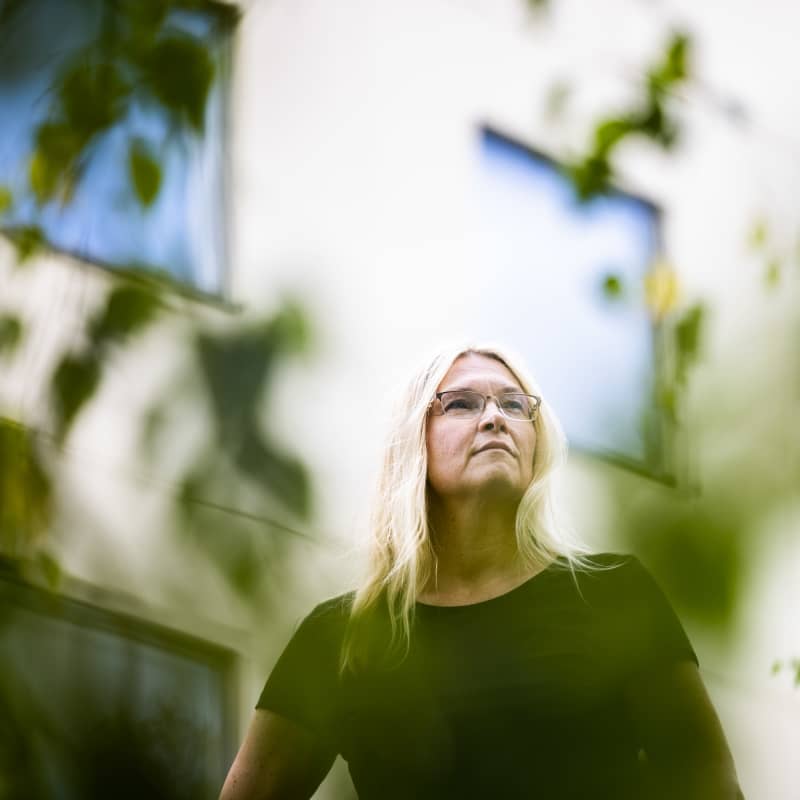
Liimatainen hopes that directors and screenwriters would seriously consider through whose eyes the characters are seen. Especially women.
Several viewers have told Liimatainen that his _Homecoming_ play touched them deeply.
– A man over 70 years old said that there is finally a text where you can feel at ease. Many have thanked with tears in their eyes that finally someone is talking about us. If relatable stories were available, one small play in a small theater would hardly be so important.

